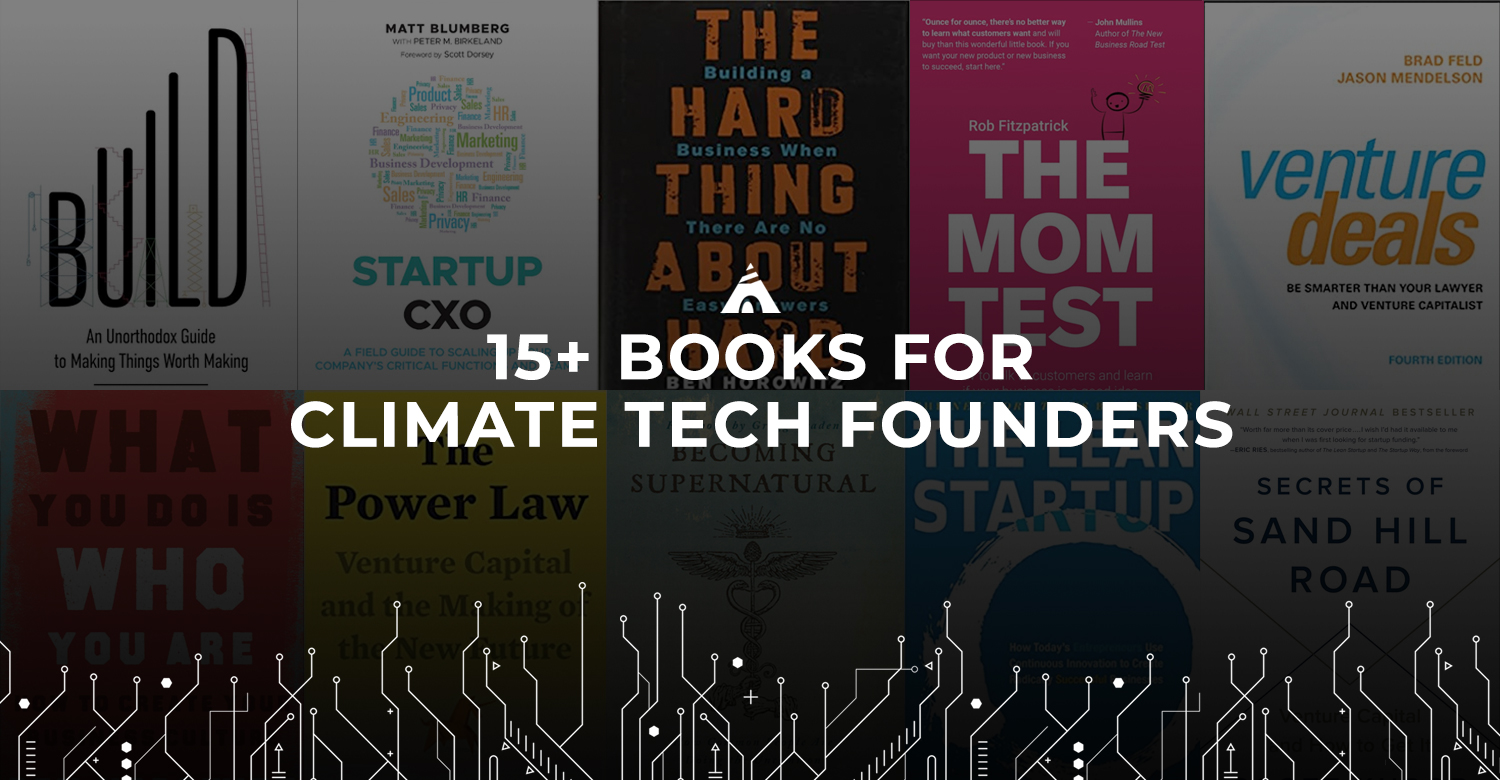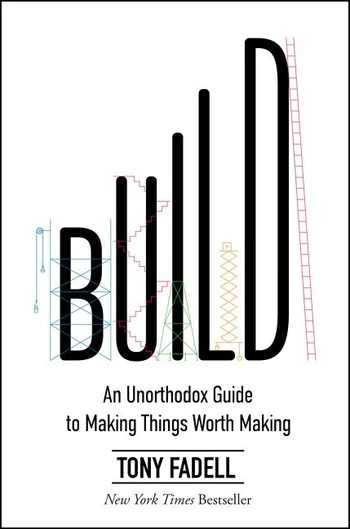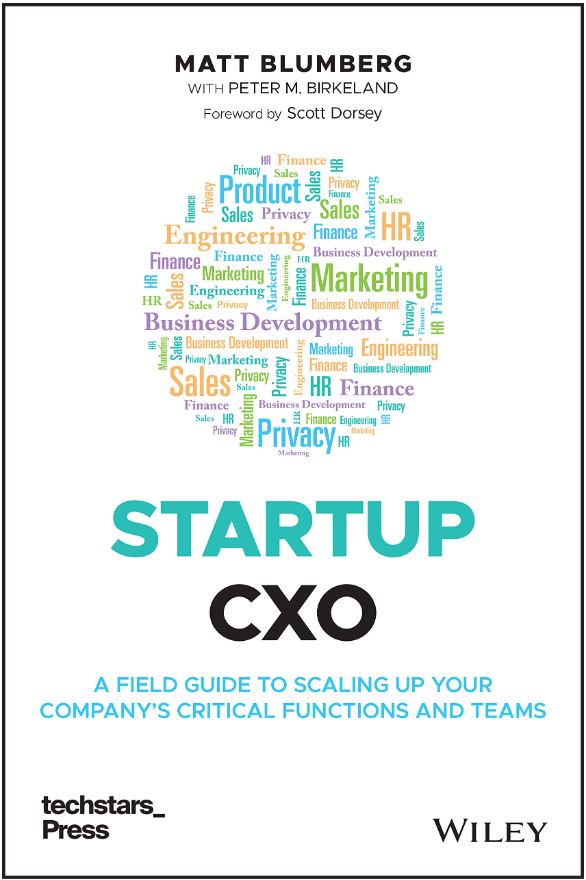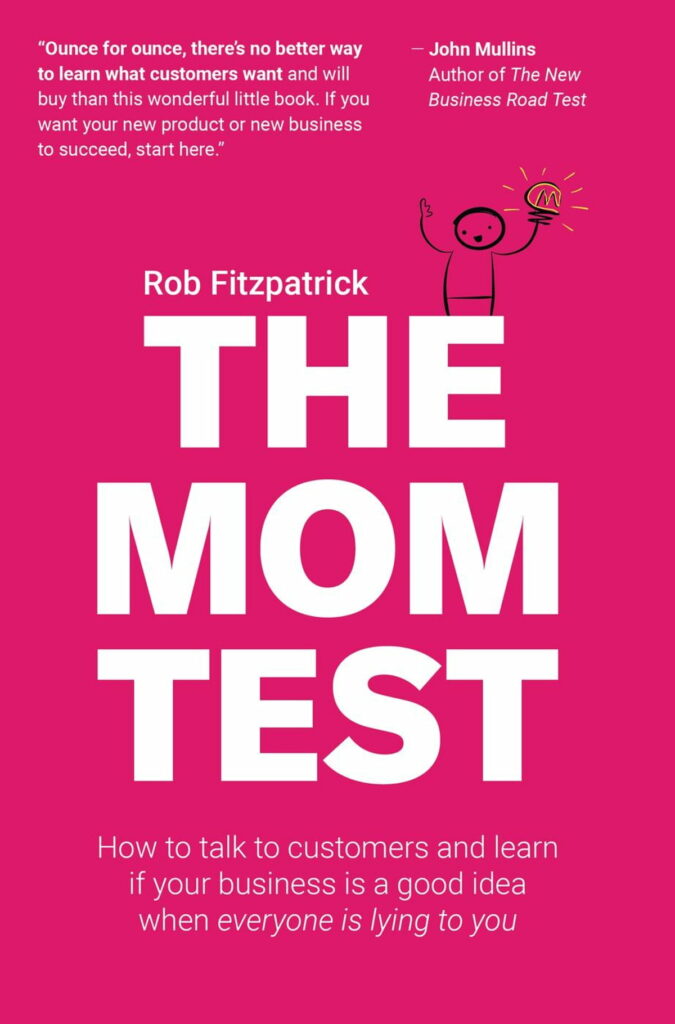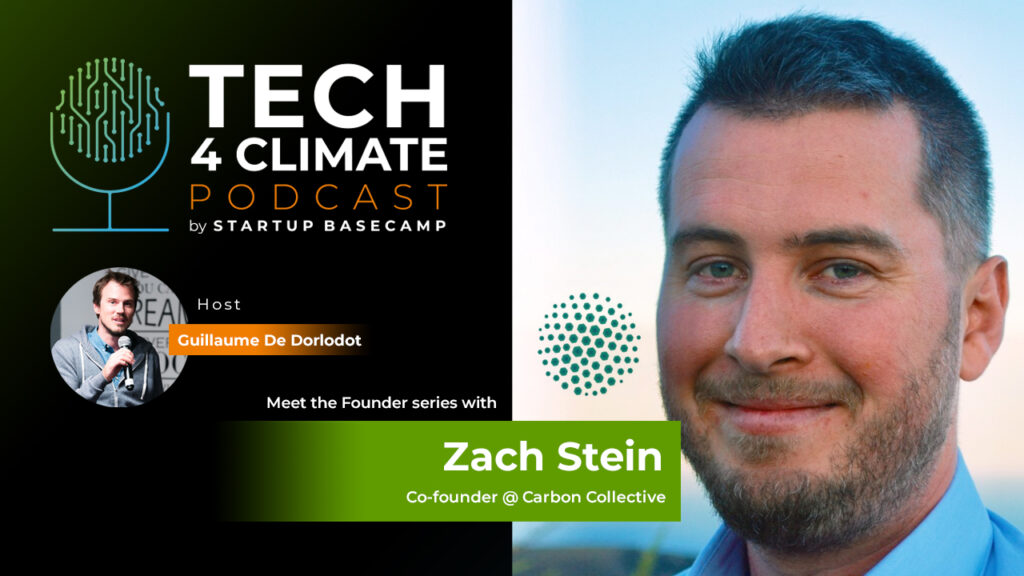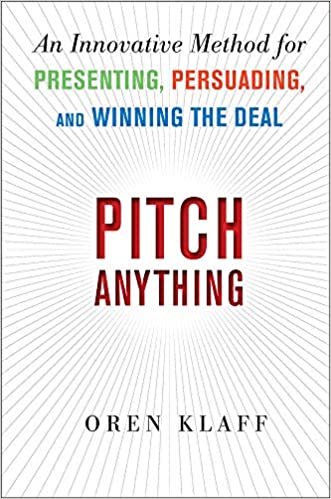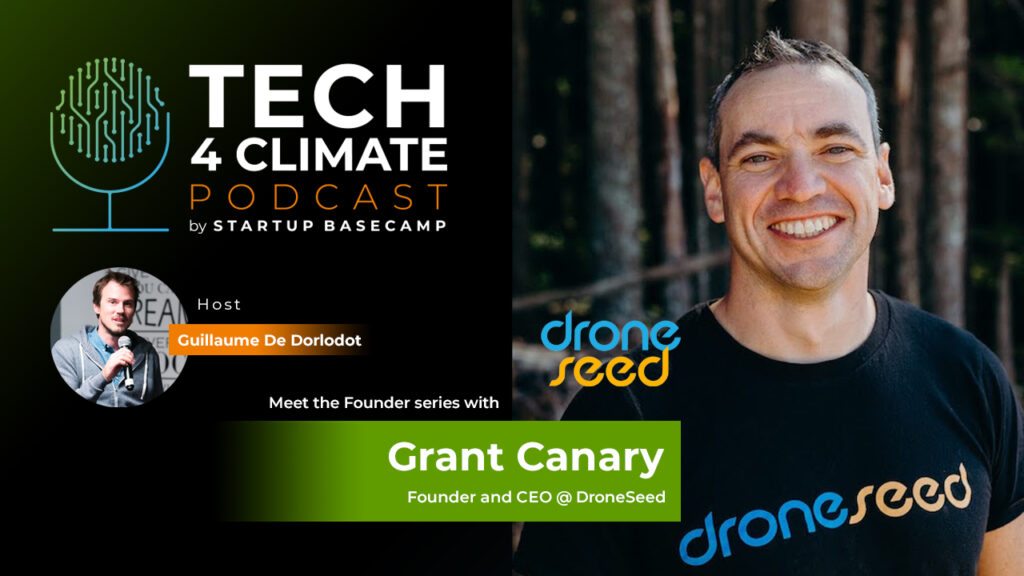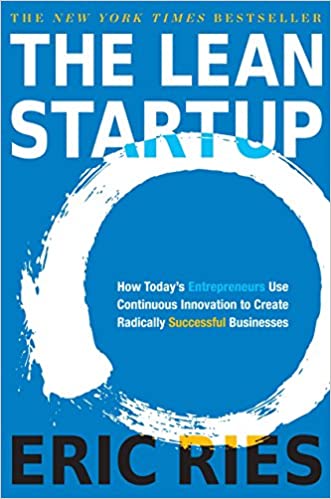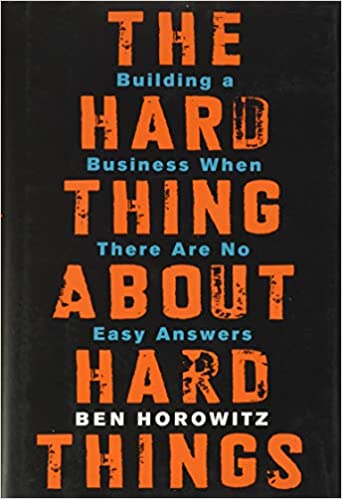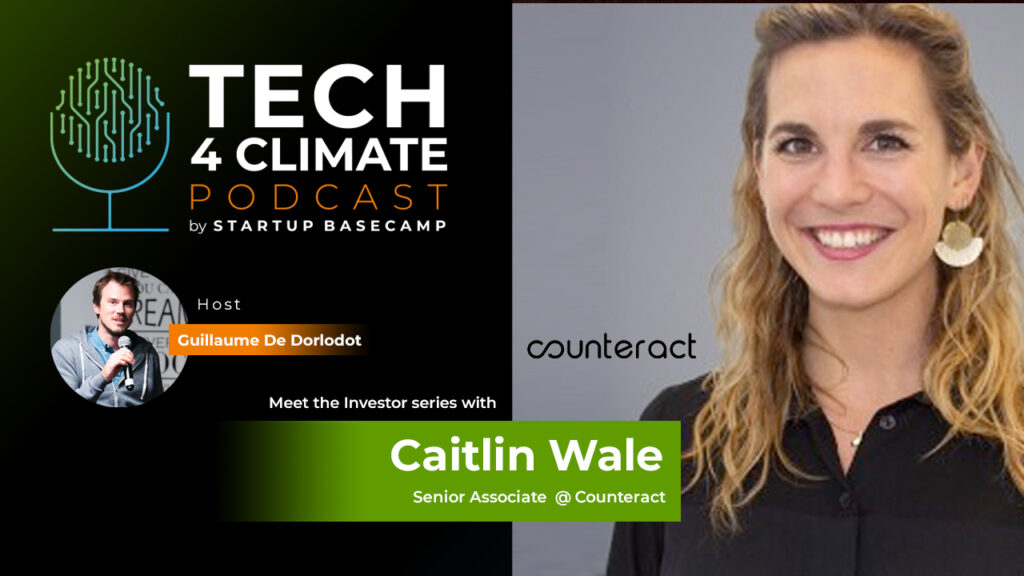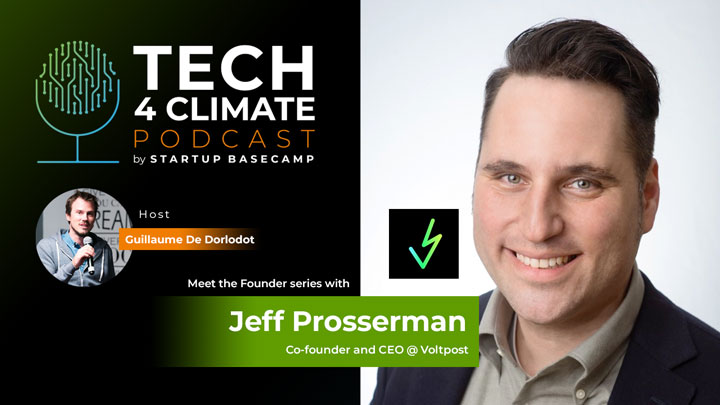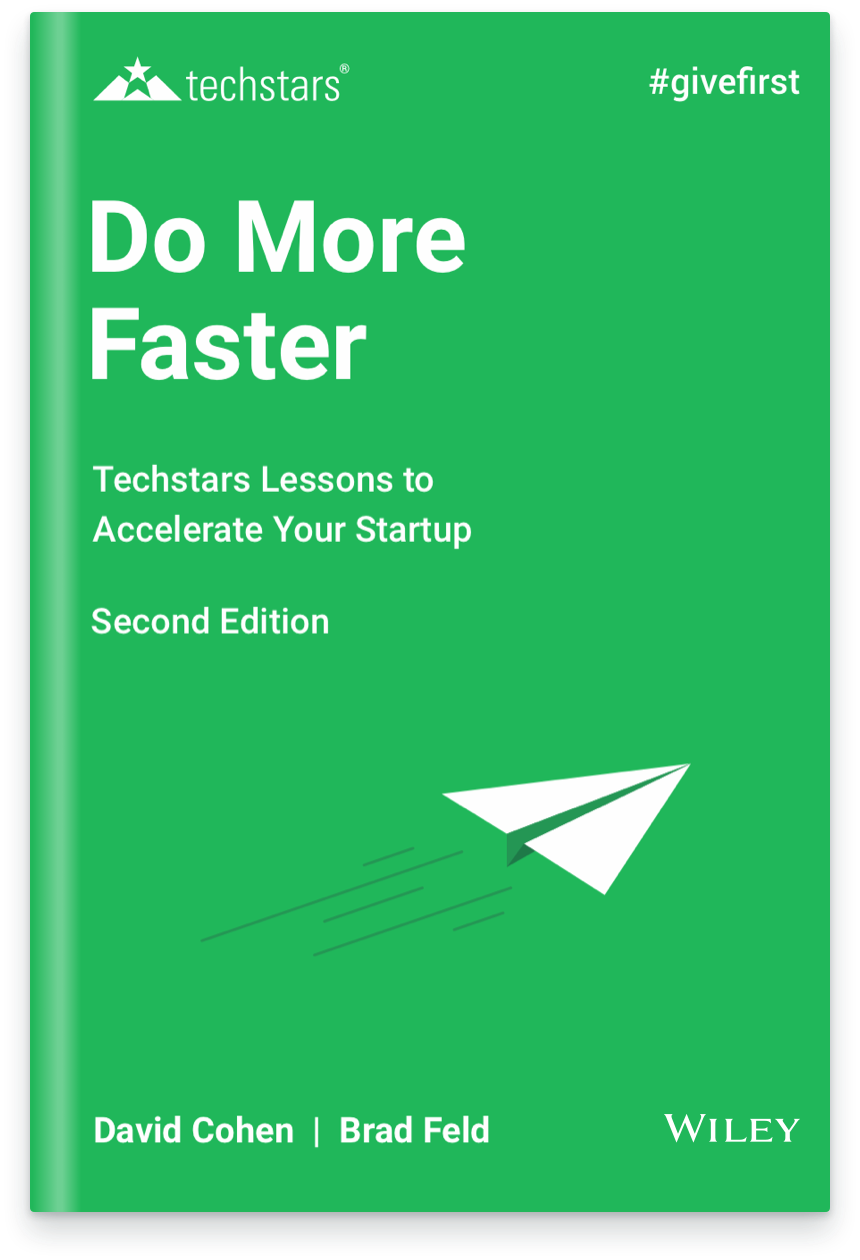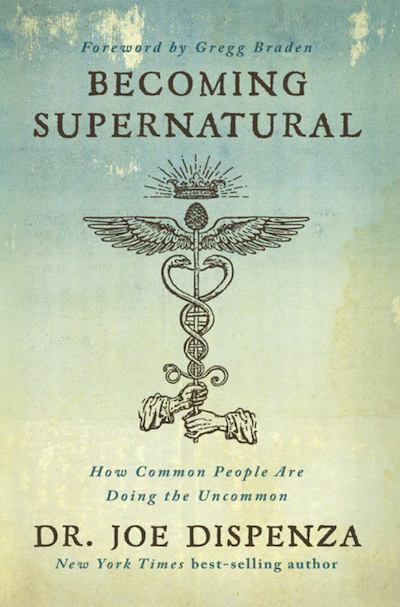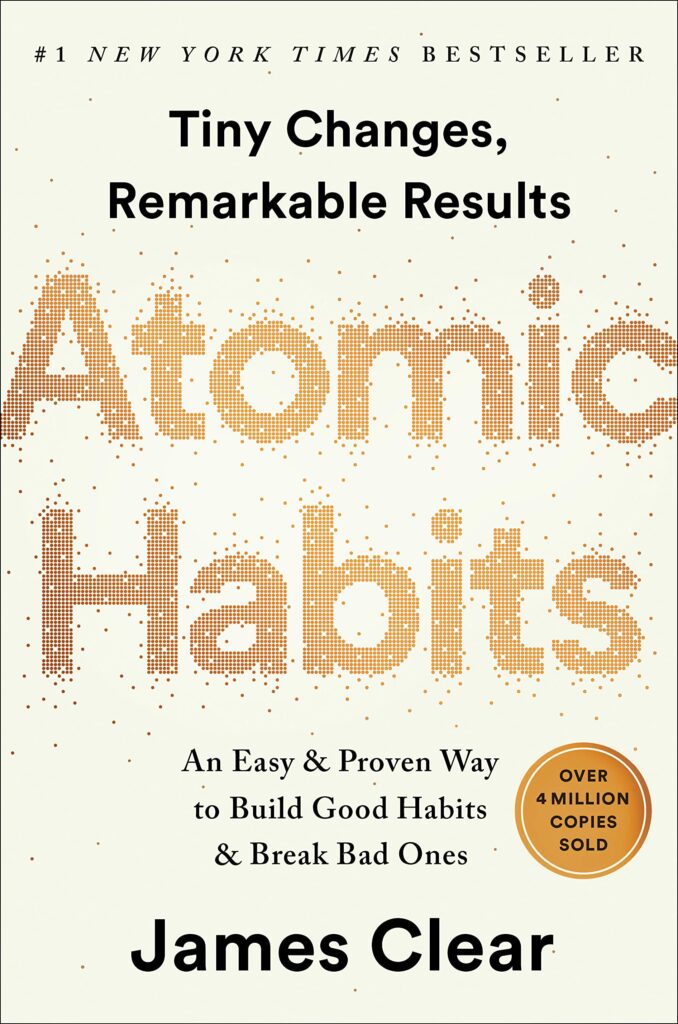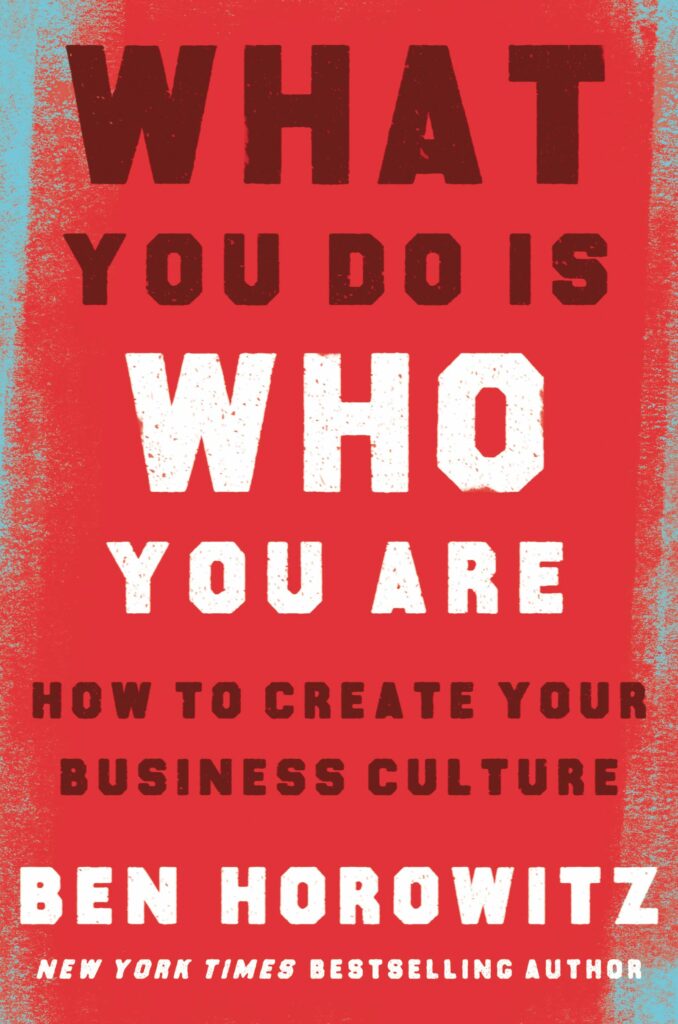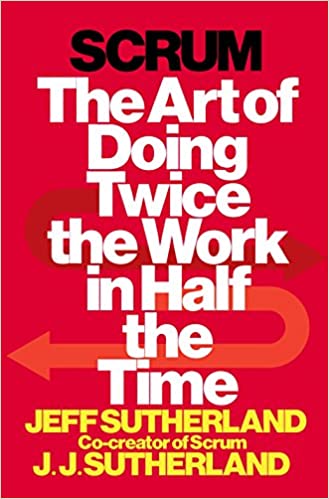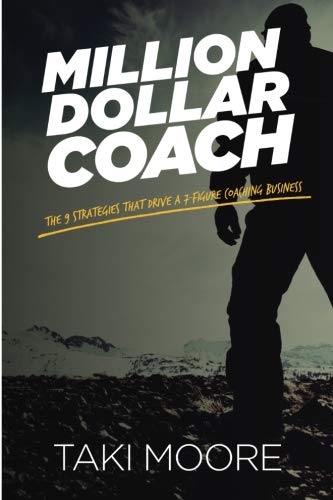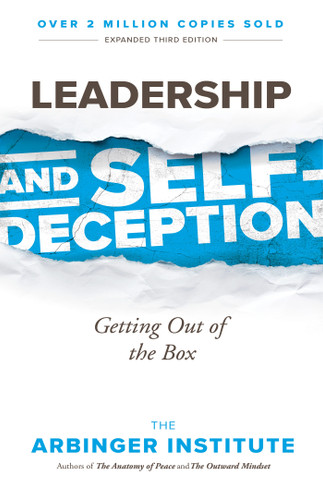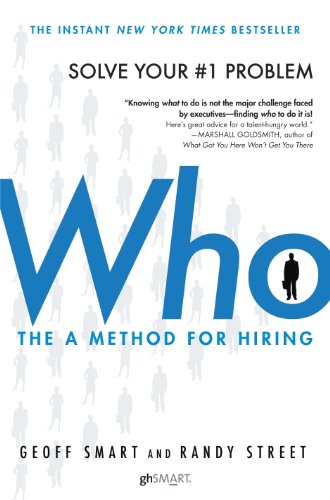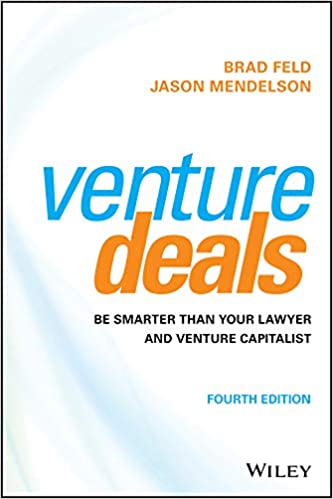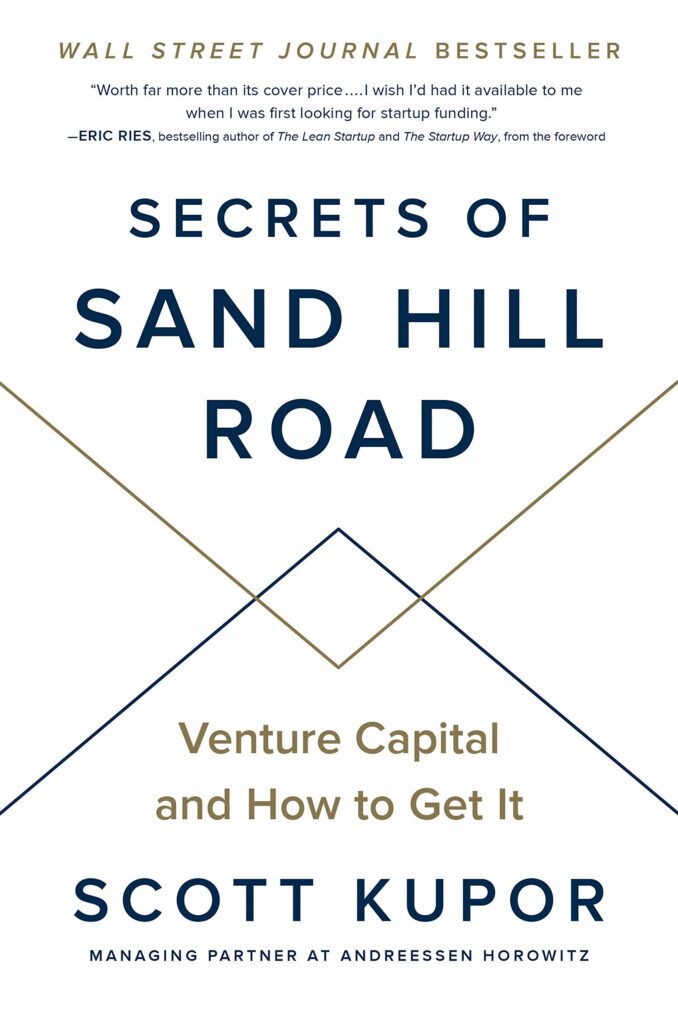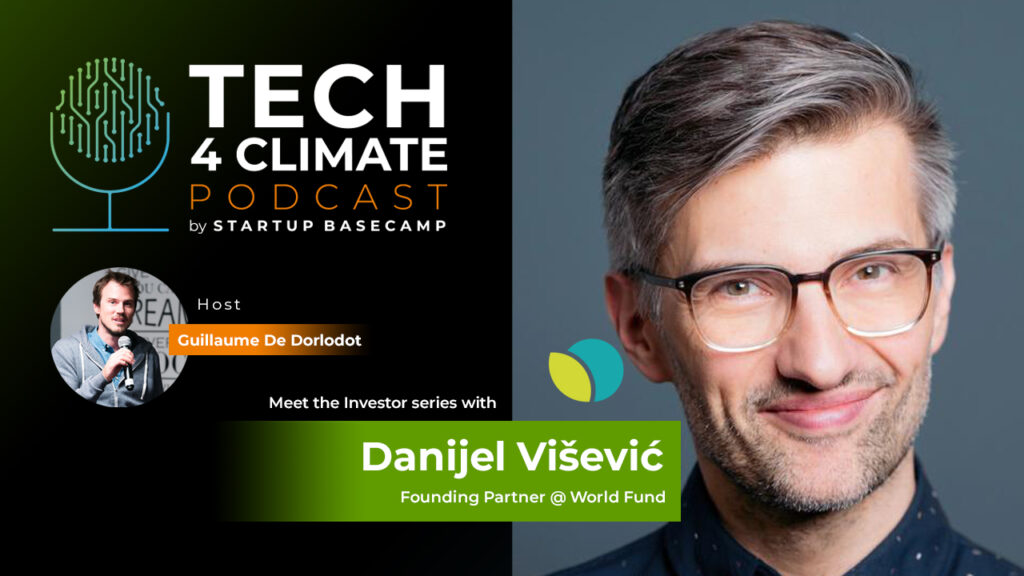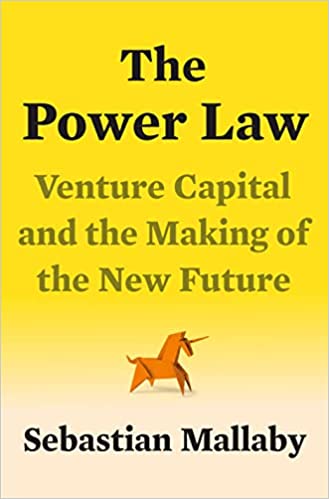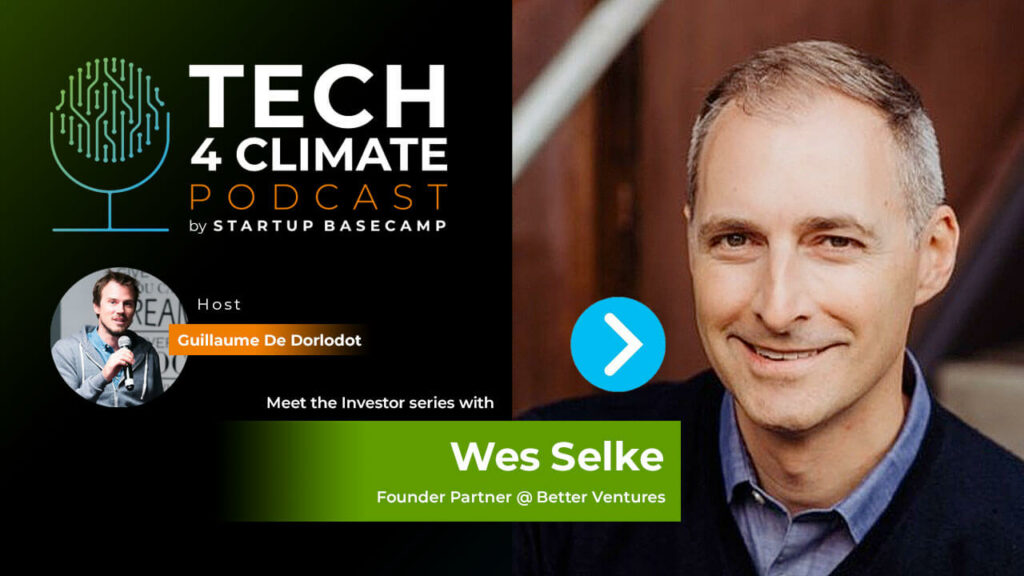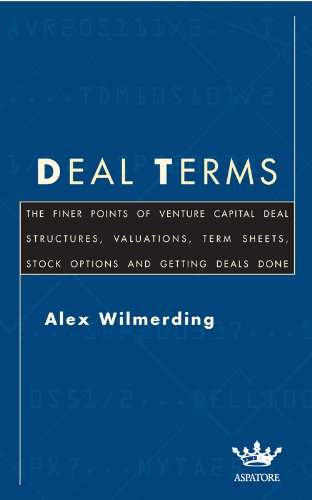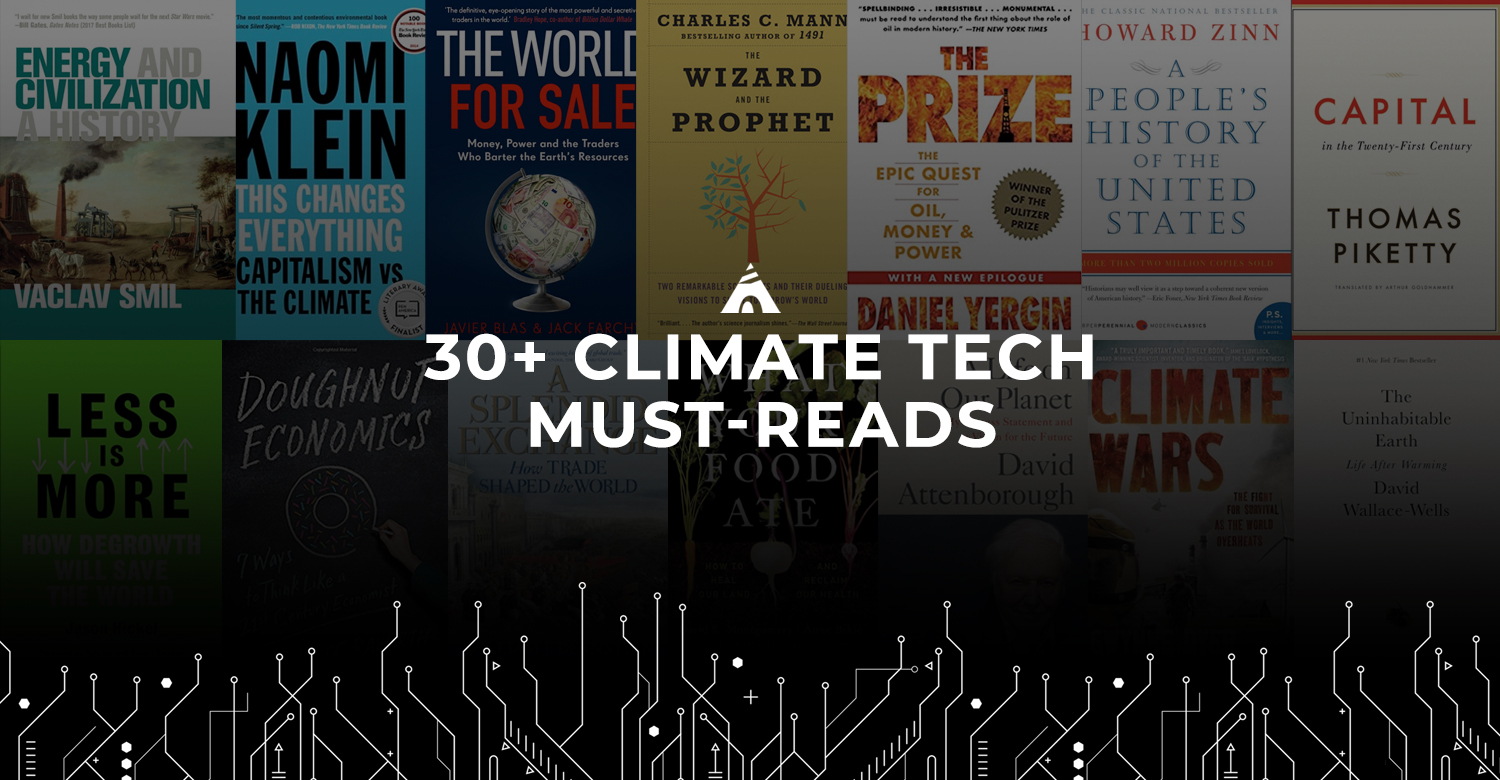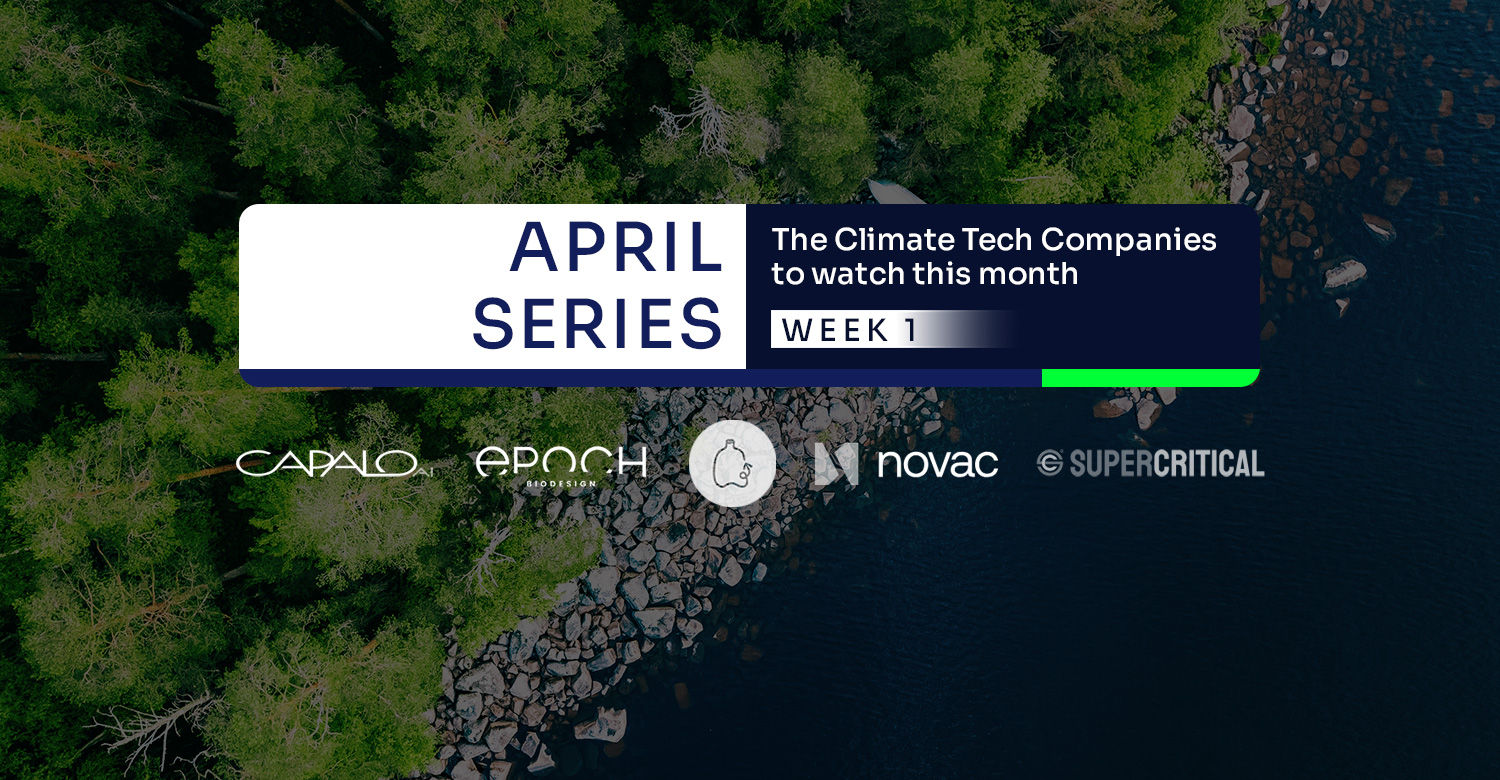Over the last year, Guillaume, our CEO has interviewed over 50 founders and investors and learned from their expertise and experience. He’s asked them about their careers, their views of the climate tech sector, and how they have built their startups or VC firms. Each podcast episode culminates with a Secret Sauce section only for members where Guillaume asks guests what tips they have for founders, how they manage a healthy work-life balance and their recommendations of 15+ books for climate tech founders.
We have gone through and listened back to the 25 investors and founders who gave their book recommendations and compiled them according to the following categories:
We have also included some of the explanations the guests provided as to why they made these recommendations, but if you would like to hear more about what they have to say and why they encourage you to read these books, we’ve included links to individual episodes.
If you are looking for books more generally about climate tech, check out our post on 30+ Climate Tech Must-Reads
We hope these books can be of use to you in your climate journey.
With care,
The Startup Basecamp Team
🏗️ Building your startup
Build – Tony Fadell
For every career crisis, every fork in the road, you need someone to talk to. Someone who’s been there before, who knows exactly how wobbly and conflicted you feel, who can give it to you straight. Tony Fadell learned this lesson the hard way. So that’s what this book is. An advice encyclopedia. A mentor in a box.
But Tony’s doesn’t follow the standard Silicon Valley credo that you have to radically reinvent everything you do. His advice is unorthodox because it’s old school. Because it’s based on human nature, not gimmicks.
Startup CXO – Matt Blumberg with Peter Birkeland
Startup CXO takes the field guide concept of Startup CEO — a chapter-by-chapter, topic-by-topic instruction manual on how to do the job if you’ve never done it before — and expands it to cover all the major functional leadership roles in a startup: Finance, HR, Sales, Marketing, Business Development, Customer Success, Product, Technology, and Privacy.
It’s really useful in explaining all the key positions inside a startup and what purpose they serve.
The Mom Test – Rob Fitzpatrick
Talking to customers is one of the foundational skills of both customer development and lean startup. We all know we’re supposed to do it, but nobody seems willing to admit that it’s easy to screw up and hard to do right. This book is going to show you how customer conversations go wrong, and how you can do better.
If you are an early-stage founder and are going to be doing any type of product discovery and you ask yourself, should we build this? If that’s the question you have, you need to read this book.
Pitch Anything – Oren Klaff
Whether you’re selling ideas to investors, pitching a client for new business, or even negotiating for a higher salary, Pitch Anything will transform the way you position your ideas.
Creating and presenting a great pitch isn’t an art—it’s a simple science. Applying the latest findings in the field of neuroeconomics, while sharing eye-opening stories of his method in action, learn how the brain makes decisions and responds to pitches. With this information, you’ll remain in complete control of every stage of the pitch process.
The Lean Startup – Eric Ries
Most startups fail. But many of those failures are preventable. The Lean Startup is a new approach being adopted across the globe, changing the way companies are built and new products are launched. Rather than wasting time creating elaborate business plans, The Lean Startup offers entrepreneurs—in companies of all sizes—a way to test their vision continuously, to adapt and adjust before it’s too late.
It’s great for product management, creating your first prototype, and getting people to tell you whether you have a terrible idea before you spend five years on it.
The Hard Thing about Hard Things – Ben Horowitz
The hard thing isn’t setting a big, hairy, audacious goal. The hard thing is laying people off when you miss the big goal. The hard thing isn’t dreaming big. The hard thing is waking up in the middle of the night in a cold sweat when the dream turns into a nightmare. There are lots of people talking about how great it is to start a business, but only Ben Horowitz is brutally honest about how hard it is to run one.
Do More Faster – David Cohen and Brad Feld
Practical advice from some of today’s top early- stage investors and entrepreneurs. Do More Faster: TechStars Lessons to Accelerate Your Startup is a collection of advice that comes from individuals who have passed through, or are part of, this proven program. Each vignette is an exploration of information often heard during the TechStars program and provides practical insights into early stage entrepreneurship.
Becoming Supernatural – Dr. Joe Dispenza
Becoming Supernatural: How Common People Are Doing the Uncommon, marries some of the most profound scientific information with ancient wisdom to show how people like you and I can experience a more mystical life. Readers will learn that we are, quite literally supernatural by nature if given the proper knowledge and instruction. When we learn how to apply that information through various meditations, we should experience a greater expression of our creative abilities.
It shows you how to rewire your brain so you can create and co-create reality.
Atomic Habits – James Clear
Atomic Habits is the most comprehensive and practical guide on how to create good habits, break bad ones, and get 1 percent better every day. If you’re having trouble changing your habits, the problem isn’t you. The problem is your system. Bad habits repeat themselves not because you don’t want to change but because you have the wrong system for change.
🙋 Leading your team
What you do is who you are – Ben Horowitz
What You Do Is Who You Are takes readers on a journey through culture, from ancient to modern. Along the way, it aims to help readers do what they need to do to become the kind of leader they want to be—and others want to follow—and answers a question fundamental to any organization: Who are we? Ben Horowitz combines lessons from history and modern organizational practice to help executives build and sustain the cultures they want.
It explains how you build an amazing culture at your startup and goes through many fascinating examples through history, not just with founders but with military regimes and governments.
Scrum: The Art of Doing Twice the Work in Half the Time – Jeff Sutherland and J.J. Sutherland
For those who believe that there must be a more agile and efficient way for people to get things done, here is a brilliantly discursive, thought-provoking book about the leadership and management process that is changing the way we live. In the future, historians may look back on human progress and draw a sharp line designating “before Scrum” and “after Scrum.” Scrum is that ground-breaking. It already drives most of the world’s top technology companies. And now it’s starting to spread to every domain where leaders wrestle with complex projects.
It’s a great book for understanding how to run teams
Million Dollar Coach – Taki Moore
Million Dollar Coach is the must-have resource for coaches. Increase the income you earn, work when and how you want, watch your clients get incredible results…… and become empowered to live a life of massive personal freedom. This book is essential reading for coaches of all experience-levels and types and is of particular value for anyone looking to start a coaching business to short cut growing pains and quickly rise to become a Million Dollar Coach.
It’s really useful to understand how to motivate people around a mission and a goal and taught me a lot about management styles.
Leadership and Self-Deception – Arbinger Institute
This book shows how the problems that typically prevent superior performance in organizations and cause conflicts in our personal lives are the result of a little-known problem called self-deception. When trapped in self-deception, we live and work as if trapped in a box. We can’t see the reality around us—we’re blind to the self-serving motivations that are sabotaging us on the job and at home. But there is a way out. Through an entertaining and engaging story, Leadership and Self-Deception shows what self-deception is, how it infects our lives, the damage it does, and, most importantly, what can be done about it.
It’s a fabulous framework for how to lead people. There are a number of books in their series. I recommend them all. They are very short and useable.
Who: The A Method for Hiring – Geoff Smart and Randy Street
In this instant New York Times Bestseller, Geoff Smart and Randy Street provide a simple, practical, and effective solution to what The Economist calls “the single biggest problem in business today”: unsuccessful hiring. Whether you’re a member of a board of directors looking for a new CEO, the owner of a small business searching for the right people to make your company grow, or a parent in need of a new babysitter, it’s all about Who.
💸 Getting to Grips with Venture Capital
Venture Deals – Brad Feld and Jason Mendelson
How do venture capital deals come together? This is one of the most frequent questions asked by each generation of new entrepreneurs. Surprisingly, there is little reliable information on the subject.
Venture Deals explains the inner-workings of the venture capital deal process to entrepreneurs and investors. It explores the different stages of financings, describes the many types of investors who might fund your company, and goes through the venture capital term sheet in-depth. It explains effective negotiating strategies and covers various types of funding, including equity, traditional convertible debt, venture bank debt, or one of the newer practices of crowdfunding and pre-sales.
The Secrets of Sand Hill Road – Scott Kupor
In Secrets of Sand Hill Road, Andreessen Horowitz’s managing partner (and former entrepreneur himself) Scott Kupor demystifies the role of venture capital in all stages of the startup lifecycle. Filled with firsthand experiences, insider advice, and practical takeaways, Secrets of Sand Hill Road is the guide not just for every entrepreneur looking to grow their startup, but for anyone seeking to understand venture capital as a driver for innovation, business, and policy.
The Power Law – Sebastian Mallaby
From the New York Times bestselling author of More Money Than God comes the astonishingly frank and intimate story of Silicon Valley’s dominant venture-capital firms—and how their strategies and fates have shaped the path of innovation and the global economy
By a writer from the Economist, it presents the history of venture capital and allows you to learn about other venture stories and histories.
Deal Terms – Alex Wilmerding
Deal Terms is the first ever in-depth look at valuations, preferred stock, stock options and other variables that affect deal structure. Written from a venture capital perspective, however applicable for all types of financings, Deal Terms includes actual term sheets, valuation methodology and analysis, assessment of stock option programs and their impact on valuations and capital structures and other real world documents used by leading venture capitalists and lawyers analyzed from multiple perspectives.
Looking for more inspiration?
We give you all the books recommended by climate tech founders and investors to give you a better understanding of how we got here and inspire you toward climate action.
Want to hear more about these amazing climate tech leaders?
Subscribe to the Tech4Climate Podcast for insights from founders and investors from the climate tech space.
